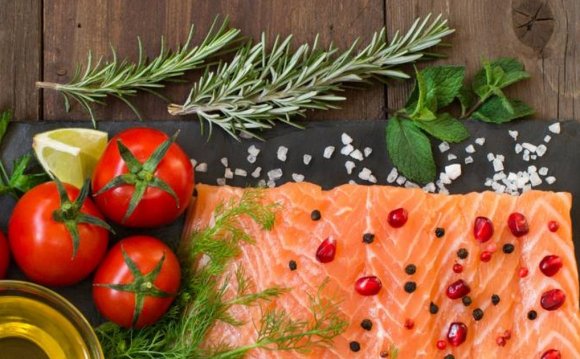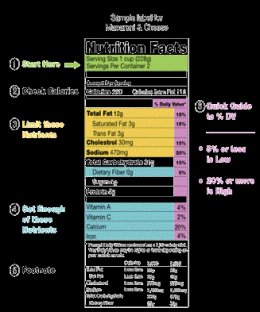
The low-fat diet restricts fat intake to 40-60 grams (g) of fat/day by limiting high-fat food and beverage sources.
Intended use
The low-fat diet is intended for use by individuals who have maldigestion or malabsorption of fat, such as small bowel resection, pancreatic disease, gastroparesis, fatty liver, or gallstones. This version of the low-fat diet is not intended for individuals with heart disease (access the therapeutic lifestyle changes [TLC] diet at It also is not an optimal approach for weight loss, because calorically dense, low-fat alternatives such as sugar are not restricted.
While this diet is nutritionally adequate according to the Recommended Dietary Allowances, individuals may require supplementation of fat-soluble vitamins, minerals, or high-calorie, low-fat supplements because of the nature of their disease. A registered dietitian (RD) or registered dietitian nutritionist (RDN) is the nutrition professional who is able to best determine which version of a low-fat diet is optimal and whether vitamin, mineral, or additional calorie supplementation is needed based on your medical condition. To locate an RD or RDN go to www.eatright.org.
Reading labels
The Nutrition Facts panel lists the nutrition information about a product. If you are unsure if a food fits into the “eat more of these” or “avoid” column, look at the “Total Fat” grams, located near the top of the panel. Make sure you adjust your serving size to the portion size listed at the top of the label.

Labeling terms
| Term | Example | Definition |
| Fat free | Skim milk, salad dressing, and pudding |
INTERESTING VIDEO












